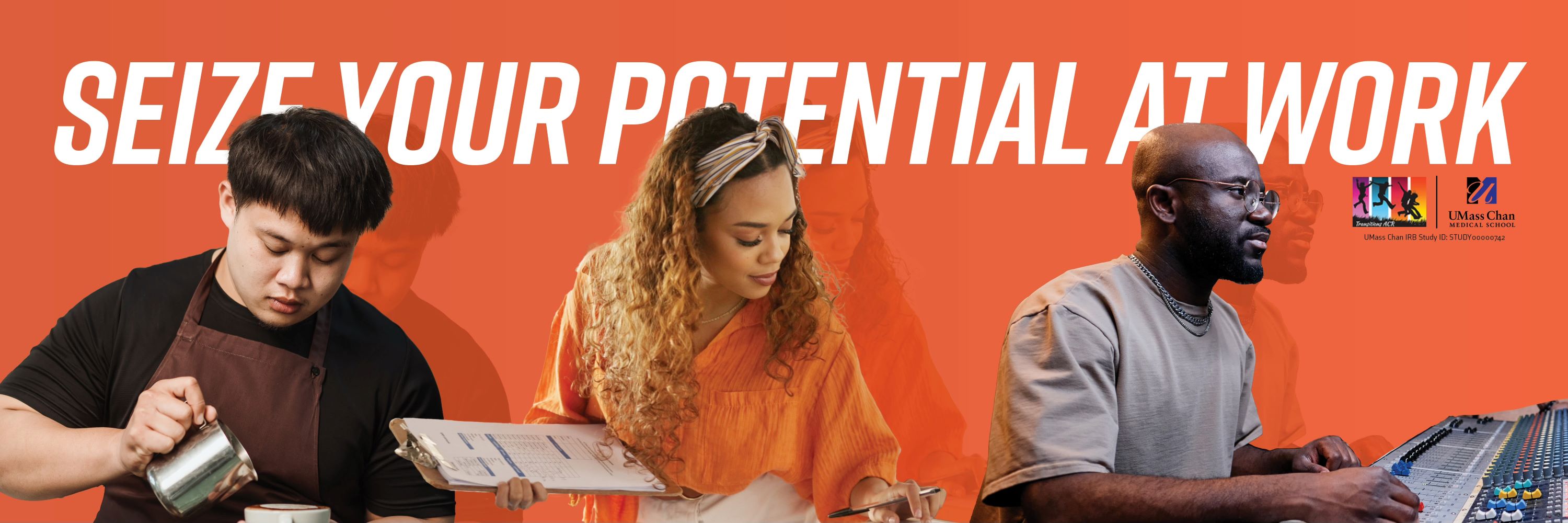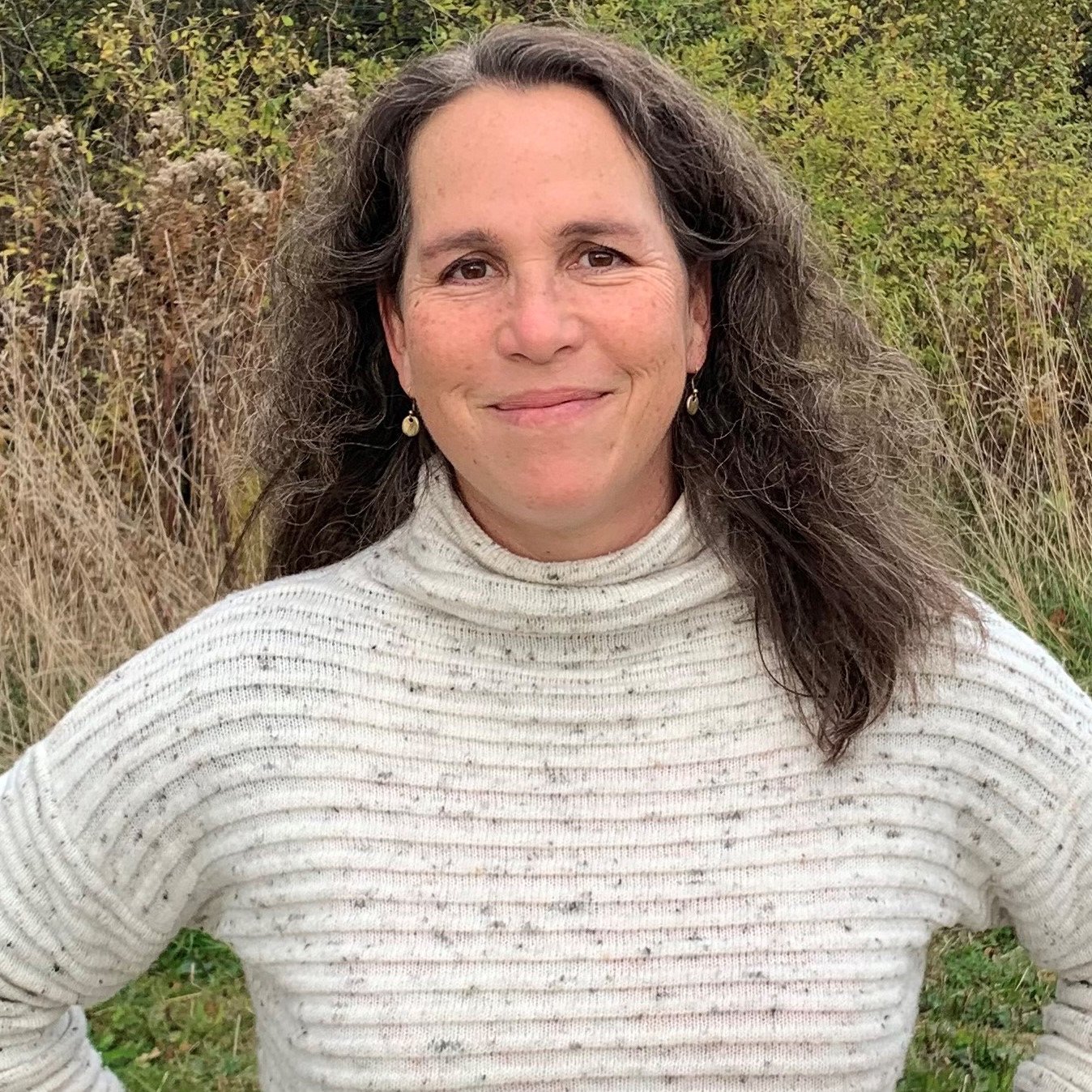The Tools for Work Success Study

For many young adults living with a mental health condition (such as depression, anxiety, bipolar disorder, PTSD, or schizophrenia), it can be difficult to keep up with your job. Do you find it challenging to:
- Stay organized
- Remember things
- Manage your time
- Follow directions
- Get to work on time?
The main purpose of the Tools for Work Success Study is to determine which of two approaches is most effective in helping young adults, ages 18 to 30 years old with mental health conditions, develop skills around focus, memory, planning/time management, and problem solving for work.
This study is part of the 2019-2024 Learning & Working RRTC.
Meet the Team:

Maryann Davis, Ph.D.
Co-Principal Investigator
Maryann is the Principal Investigator of the NIDILRR-funded Tools for Work Success Study. Dr. Davis is an internationally recognized expert on services for transition-age youth and young adults with serious mental health conditions. Her work also emphasizes the development of evidence-based interventions that improve this population’s transition into adulthood.

Michelle Mullen, Ph.D., CRC, CPRP
Co-Principal Investigator
Michelle is the developer of HYPE and Co-Principal Investigator of the NIDILRR-funded Tools for Work Success Study. Michelle has a background in Rehabilitation Counseling with a specialization in Psychiatric Rehabilitation. She completed her Ph.D. in Social Welfare from the School of Social Policy & Practice at the University of Pennsylvania. Michelle is a seasoned consultant who has provided training and technical assistance to organizations, institutions of higher education, counties, states, and other countries on career services, psychiatric rehabilitation, service design, program development, and systems change.

Debbie Nicolellis, MS, CRC, CPRP
Director of Training
As Director of Training, Debbie leads the development of intervention materials and training for the Tools for Work Success Study. Debbie has over 30 years of experience supporting education, employment, and careers for people with serious mental health conditions, and over 20 years of training experience with practitioners, administrators, peer supporters, and people who use services.

Vanessa Mitchell-Wagner
Training Coordinator
As Training Coordinator, Vanessa meets one-on-one with participants assigned to the FSST at Work group for 12 weekly sessions. Vanessa obtained her Master of Social Work (MSW) degree from Binghamton University in Binghamton, NY. Vanessa is an experienced and skilled Focused Skill & Strategy Training (FSST) provider, having interned with the HYPE on Campus research study providing HYPE services to undergraduate students with mental health conditions at Binghamton. In addition to her recent degree and internship experience, Vanessa brings valuable expertise to the team as a former educator and human resources professional.

Tracy Neville
Research Coordinator II
As Research Coordinator, Tracy supports the Tools for Work Success Study by making sure the research project runs smoothly from the ground up. Tracy meets with individuals interested in the study to walk them through all the details of participation, screen for eligibility, and conduct informed consent and baseline assessments. Prior to joining iSPARC, Tracy earned her BA in Psychology with a concentration in Developmental Psychology from Emmanuel College in Boston, MA.

Maya Ingram
Research Project Director
As Research Project Director, Maya directs both the research and intervention sides of the study by managing all aspects of the project and supporting staff members in developing research and intervention materials. Maya will be a resource to participants to help with anything they need including questions about participation, enrollment, technical support, compensation, and more. Maya earned her BA in Psychology with a concentration in Comparative Race and Ethnic Studies from Clark University in Worcester, MA.
Frequently Asked Questions (FAQs)
If I am assigned to the FSST at Work group, what can I expect?
FSST at Work, the course being tested in this research study, aims to provide you with skills, strategies, and tools that may improve your cognitive skills, such as attention, concentration, learning, memory, organization, planning, and problem-solving. The curriculum is tailored to young adults who are working. Sessions include information, discussion, and practice through games, exercises, and home exercises, all focused on the development of skills and strategies.
If I am assigned to the Work Success Launchpad group, what can I expect?
You will receive access to the online Work Success Launchpad, a self-guided training that can provide tools for your work success, tailored to young adults. Because this training is self-directed, you can choose which resources you would like most to review and use. You will have access to the online training for the full period of the study.
Is scheduling flexible?
The study team will work with you to schedule sessions on an as-needed basis.
What happens if I miss a coaching session one week?
It is important to attend coaching sessions weekly. If you do have a conflict, you can work with your provider to find an alternate time to make up the missed session.
How will I be compensated for my participation?
All payments will be made through electronic gift cards. Payments will be sent within one week of completing each interview or survey except in the rare case of a payment delay.
Will my employer find out about my participation in the study?
Your participation in the study is confidential within the study team and with individuals/organizations that conduct or watch over this research. We will not attempt to contact your employer about your participation.
Will my job be at risk if I participate in this study?
No, your job will not be at risk in any way if you choose to participate in this study.
Will the results of the study be made public/published?
It may take several years, but yes, the results of the study will be made available to the public/published. However, all identifying information will be removed.
What happens if I say yes, but I change my mind later?
If you join this research, you can decide to stop or leave at any time without penalty. If you would like to stop participation at any time, please let the research staff know whether you would like to disenroll from the training only or the study as a whole.

